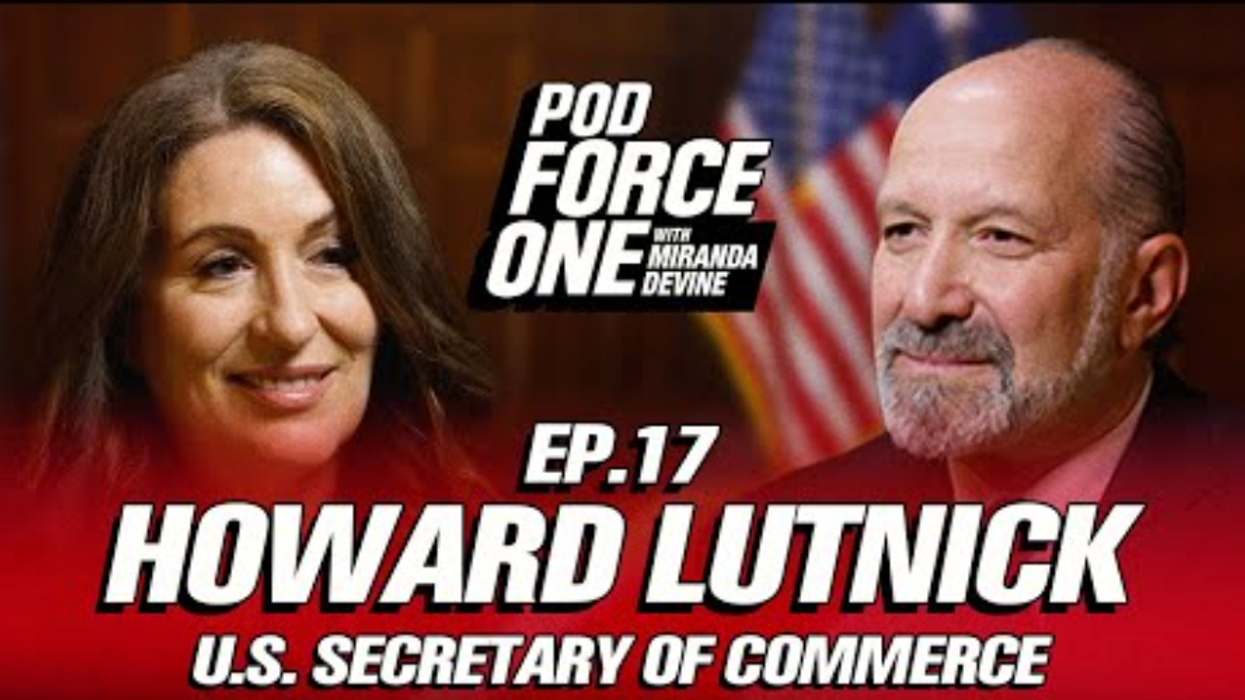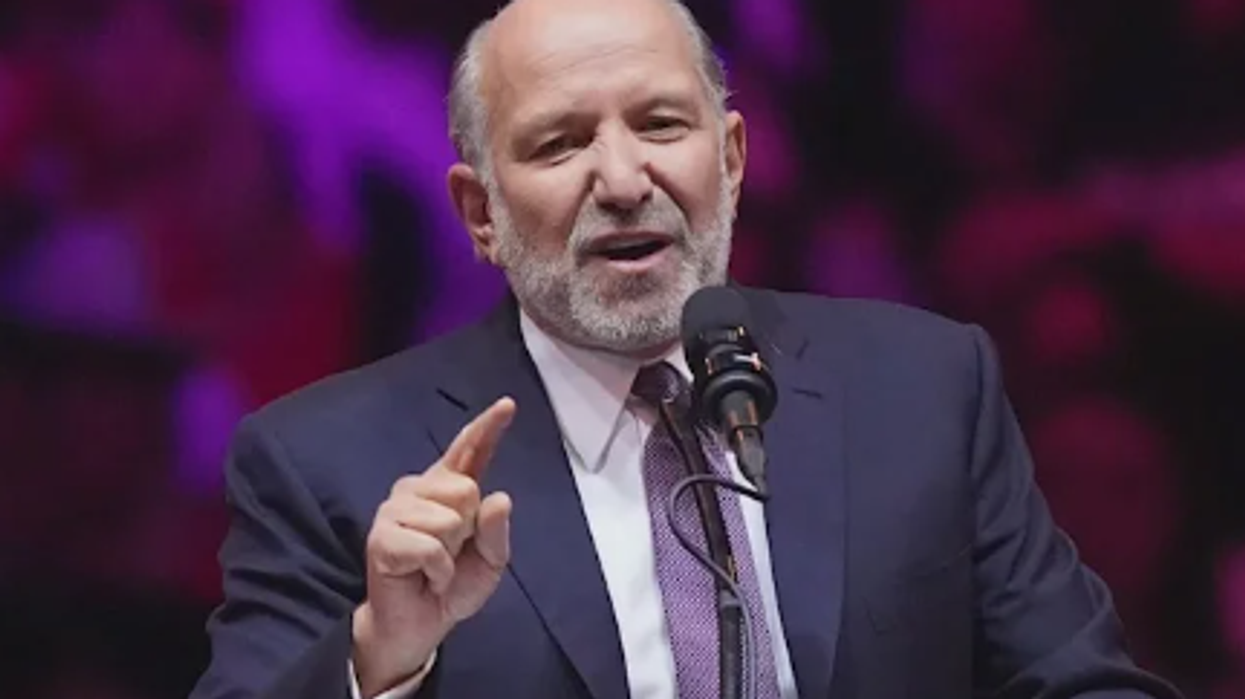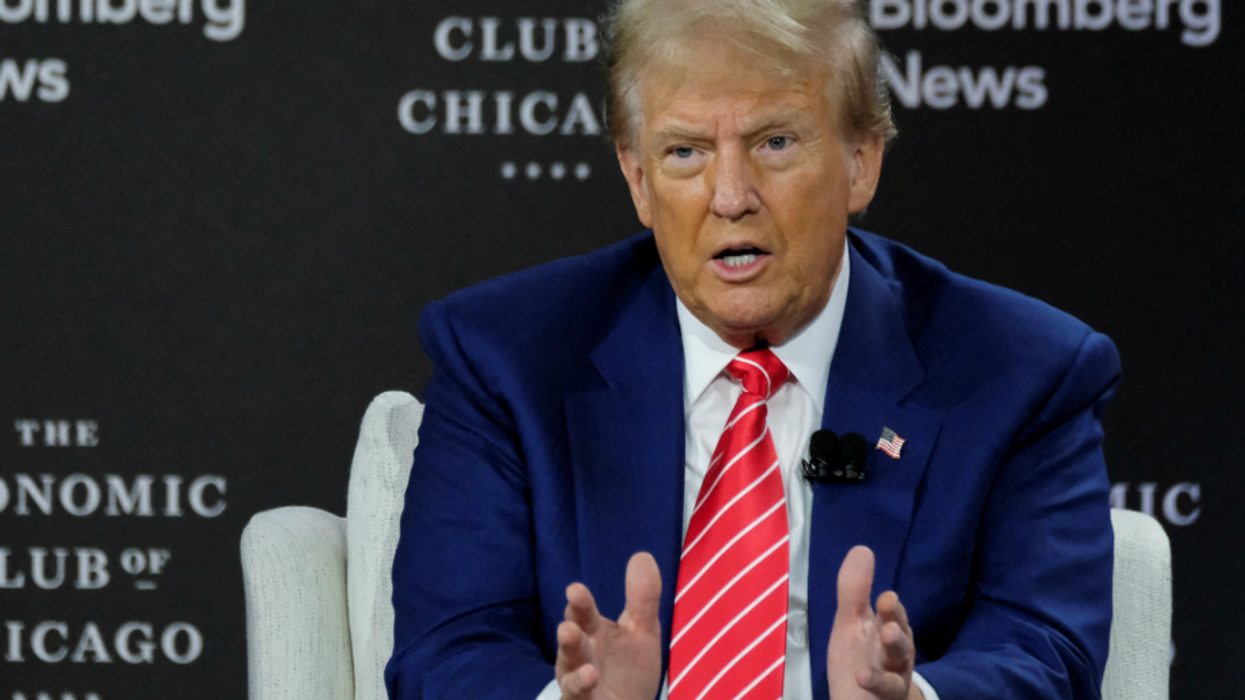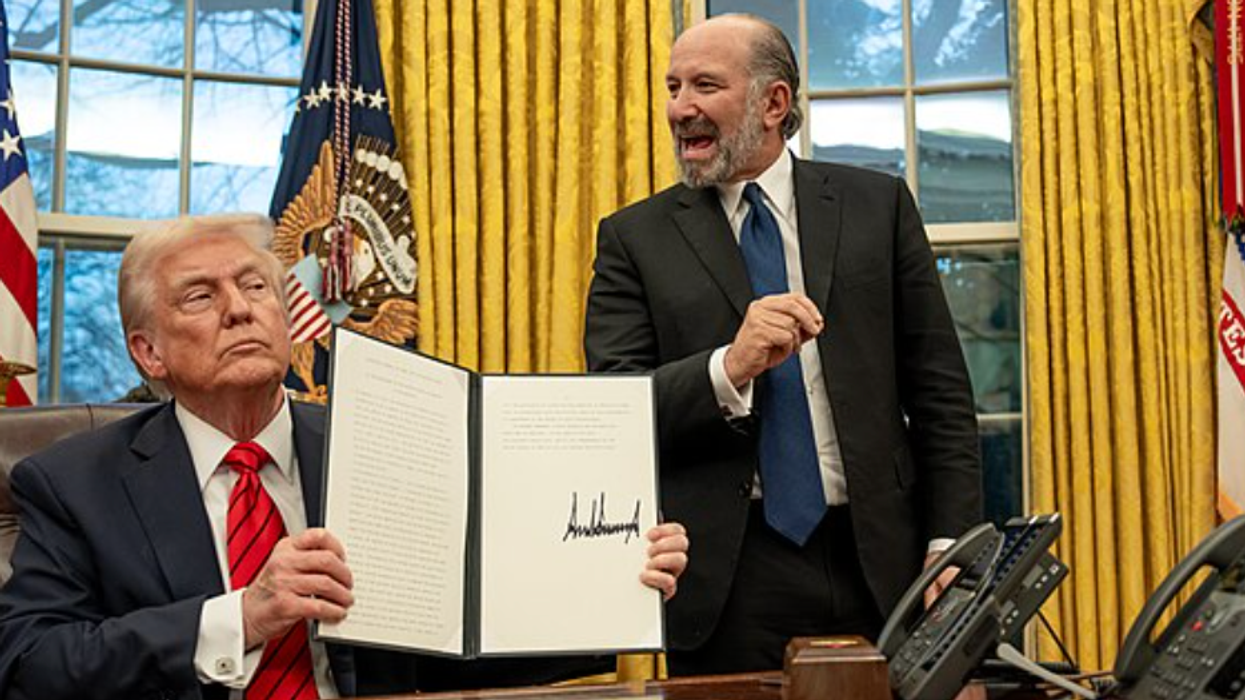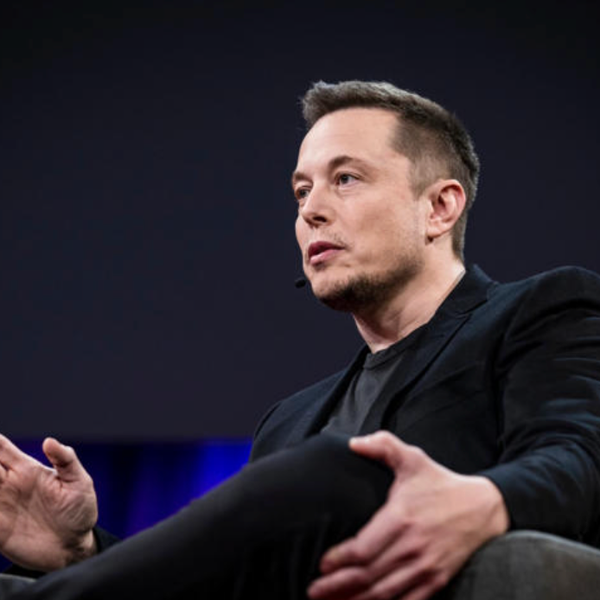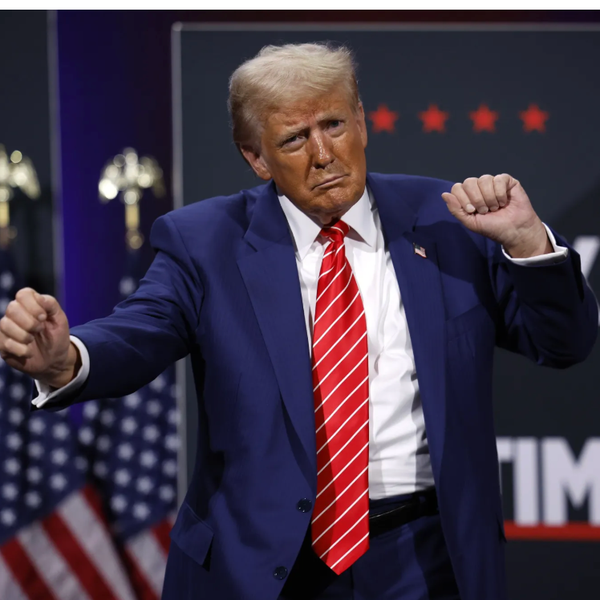'Narrative Jolt': Trump's Epstein Coverup Failing As White House Message Fractures
In an article for Salon published Sunday, the outlet's senior writer, Sophia Tesfaye, argued that a deep and destabilizing fissure has opened within the Trump administration over how to control the narrative around convicted pedophile Jeffrey Epstein.
Tesfaye noted that while the White House has tried to project unified silence or denial about the Epstein files, recent statements from within Trump’s orbit expose that narrative as fractured.
She sees the administration’s strategy of evasion collapsing under pressure, as single officials now speak openly in ways that conflict with the official message.
One flashpoint Tesfaye highlighted is an interview by Commerce Secretary Howard Lutnick, who described Epstein as the “greatest blackmailer ever." In that same interview, Lutnick claimed of Epstein's approach toward his associates: “Get a massage, get a massage,” and added, “what happened in that massage room, I assume, was on video.”
Those remarks, from a Cabinet official closely tied to President Donald Trump, represent a direct break from earlier public denials that any compromising material or “client list” existed."Lutnick made 'a complete unforced error' with his revelation, Wired Magazine’s Jake LaHut told NBC News. As a sitting Cabinet official and former neighbor of Epstein, the secretary’s story places him at odds with the public posture of DOJ and FBI officials. It seemingly backs up Attorney General Pam Bondi’s initial claim of an 'Epstein client list,' while simultaneously undermining FBI Director Kash Patel’s conflicting testimony that no credible evidence of blackmail or a client list exists," the article noted.
"Lutnick’s interview presents a significant narrative jolt because it comes from inside the Trump orbit and directly conflicts with the administration’s public claims about the Epstein files," Tesfaye wrote.
Tesfaye traced how the administration has tried multiple tactics to deflect scrutiny. She noted that early on, some Trump-allied voices floated the idea that Epstein’s files were part of a deep-state scheme; then the White House briefly leaned into the notion that a “wonderful secret” linked to Trump was being suppressed.But now, she argued, that façade is failing as internal statements — like Lutnick’s — break through.
She further underscored that Trump’s legal and communications teams are now forced to react to narratives that no longer fit the controlled contours they sought. Tesfaye asserted that the Epstein matter has shifted from a background headache to a disruptive force exposing fault lines inside the Trump coalition.
"Lutnick’s comments — and [host Miranda] Devine’s interest — make it clear the scandal of Trump’s Epstein connections won’t be going away any time soon," she wrote.
Reprinted with permission from Alternet

